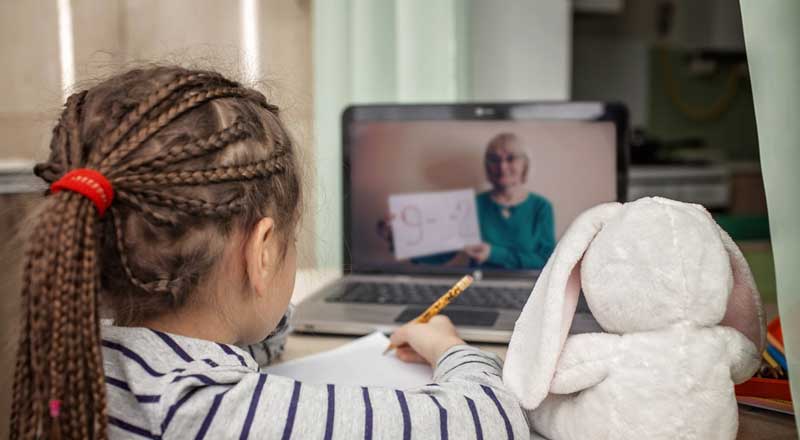While some turmoil is part of the growing up game, other issues may require the assistance of a professional. If your child is dealing with issues with which you can not help him, seek the assistance of a professional therapist. To ensure that your child’s therapy sessions are optimally effective, take care when selecting a therapist, seeking a professional specifically suited to your child’s needs.
Select a Specialist
While all child therapists are trained in common childhood mental issues, some hold a specific specialty. To ensure that your child receives the best possible care from his therapist, seek one who specializes in the condition from which your child is suffering. For example, if your child has a diagnosed emotional disturbance, look specifically for a therapist that specializes in this condition. To find a therapist with this specialization, ask your pediatrician for a recommendation instead of turning to the phone book.
Meet Therapist First
While not requisite, it is often advisable to meet with the therapist once before sending your child into his office. Request a sit down with the therapist you believe would be the best fit for your child. At this meeting, ask the therapist any questions you may have in regards to the treatment your child will receive, and gauge his appropriateness for working with your child.
Consider Gender Preferences
Some children have a definite gender preference. If your child seems to comply better with men or works best with supportive women, allow this gender preference to impact your therapist selection. By selecting a therapist of the gender with which your child has predominantly positive experiences, you can increase the likelihood that your child successfully forms a positive relationship with the individual.
Explore Medication Tendency
If you have deep-seated beliefs about turning to medication for behavior modification, take care to select a therapist that shares these beliefs. If you don’t agree with medicating children and pick a therapist who does, you may end up having conflicts with this health care provider.
Test Out Before Committing
Don’t feel like you are completely tied to one therapist just because you have sent your child to this individual once. The first several visits that your child has with his new therapist should serve as a trial period. After each session, ask your child how it went and probe to determine whether his meetings with this individual seem to be effective. While you shouldn’t expect overnight results, you should see some difference after several therapy visits. If you find that after these initial visits nothing is better, consider switching therapists.





